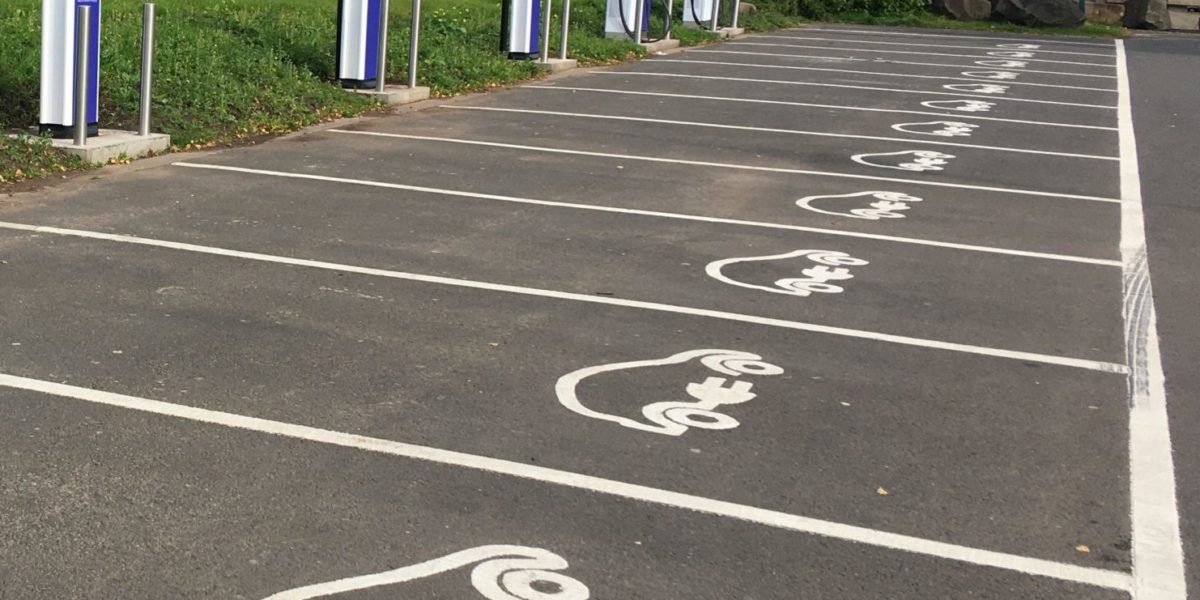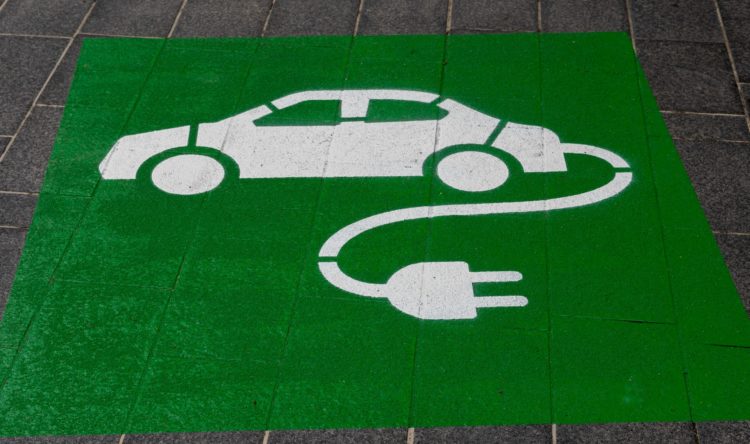Short Circuiting
The top public fears about owning an EV
Drivers in the UK reveal their top worries about buying an electric car in 2021. Cost and fear of the unknown seem to be the common theme running through the list.
Home installation of charging points is one of the UK’s biggest worries, with 46% concerned the installation and electricity bills will be too expensive. Meanwhile, one in three drivers admit they can’t afford the high cost of an EV and over a quarter of drivers have range anxiety.
Uswitch surveyed 1,000 drivers to find out their biggest worries about buying an eco-friendly motor.
Charging Points
It’s no surprise to see the number of EV charging points is the biggest worry of drivers around the UK. From our study, more than one in three drivers admitted this is their biggest issue.
The UK’s charging infrastructure is improving all the time. It has increased from around 1,500 in 2011 to more than 36,000 in over 13,000 locations today. This represents more charging points than fuel stations around the UK. Investment in this technology by government and private companies continues apace.
Car Costs
Money is another issue on motorists’ minds, with 30% anxious about the cost of an electric car.
41% of those over the age of 45 admitted they couldn’t afford to purchase an electric or hybrid car, alongside 38% of female drivers who raised more concerned about the high price points than men (28%).
However, after the Government’s £3,500 plug-in car grant, there are some good deals available if you do some research.
It seems a Smart car is the cheapest option. The car brand now only sells electric cars, and the EQ Fortwo is the smallest and cheapest of them, coming in at around £16,850.
Meanwhile, some car manufacturers such as Renault also offer electric car battery leasing. The option to hire batteries instead of buying them with your car significantly reduces initial costs, if not ongoing cost.
Alongside the cost of the vehicle, 25% said they fear the price of having a home charging point installed. Additionally, 21% think it would lead to high electricity bills.
Homeowners are the most worried about their bills surging (31%) compared to 22% of those living in rented accommodation. Residents in Brighton and Edinburgh top this list of worried homeowners.
There is funding available from Government schemes to help manage the cost of installation. The Electric Vehicle Homecharge Scheme (EVHS) provides grant funding of up to £350.
Prices vary depending on charge point manufacturer and speed, however, typically a 3 kW unit will cost between £250 and £500, while a 7 kW charge point will cost between £450 and £800.
Battery Power
Almost a third (30%) of drivers worry about their car’s battery going flat while they’re out on the road – range anxiety.
Drivers over 55 suffer the highest level of range anxiety (42%) in comparison to those aged between 17-22 where just 13% flagged this as a problem.
With many drivers yet to experience using a public EV charger before, it’s an unknown factor. This fear of the unknown seems to be fuelling the worry. – and one that can influence the decision whether to get an electric car or not. But with most SatNavs now showing charging points, along with good journey planning, it more a theoretical than practical fear.
Charging Up
Fourth is the length of time it takes to charge an electric car. Over a quarter said this puts them off investing.
Drivers in Glasgow see this as the biggest issue, with 46% believing it takes too long and they don’t want the hassle.
More than one in ten drivers worry they’d forget to charge their car and be left in a sticky situation.
Repairs & Maintenance
Over a quarter of drivers foresee problems if they bought an electric car. One in six say they think the cost of repairs will be too high.
However, with much fewer moving parts, repairing an electric car is often much less hassle in comparison to a petrol or diesel motor. The engine, radiator, pistons, spark plugs, fuel pumps, cooling systems, exhaust system and timing belt are some of the most common parts that often need repairing. Meanwhile, an electric car has a lot less to wear out, so while the parts may be more expensive, you’re unlikely to need as many repairs over time.
Research by automotive data experts KeeResources reveal that an electric car costs at least 30% less to service and maintain than a regular vehicle.
Alongside the cost of repairs, one in seven drivers don’t think there are enough qualified mechanics currently equipped to deal with electric repairs.
Recent data from the Institute of the Motor Industry (IMI) revealed there are currently between 13,000 and 20,000 qualified technicians working on 380,000 plug-in vehicles across the UK, which equates to around one mechanic per 20 electric vehicles.
The industry body is concerned that as EV and PHEV adoption increases, the number of vehicles will further outweigh the number of mechanics who can work on them. The pandemic has set training back, with the number of certificates down 85% on the same period last year.
Insurance
Almost one in 10 drivers think electric car premiums would be more expensive, with one in eight of those aged 17-24 admitting this would potentially stop them making a purchase.
While it’s previously been difficult for young drivers to secure low-cost car insurance, as electric cars sales are rising, premiums are starting to fall. With more data becoming available and lower cost EVs on sale, this trend is likely to continue.





